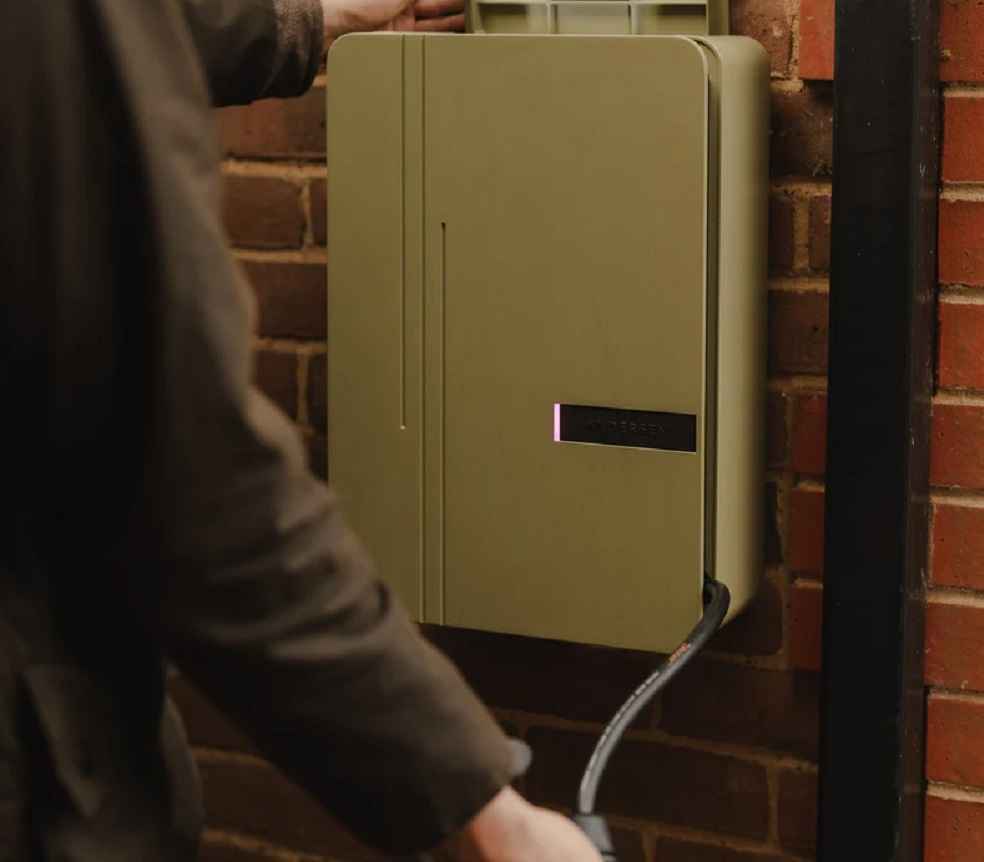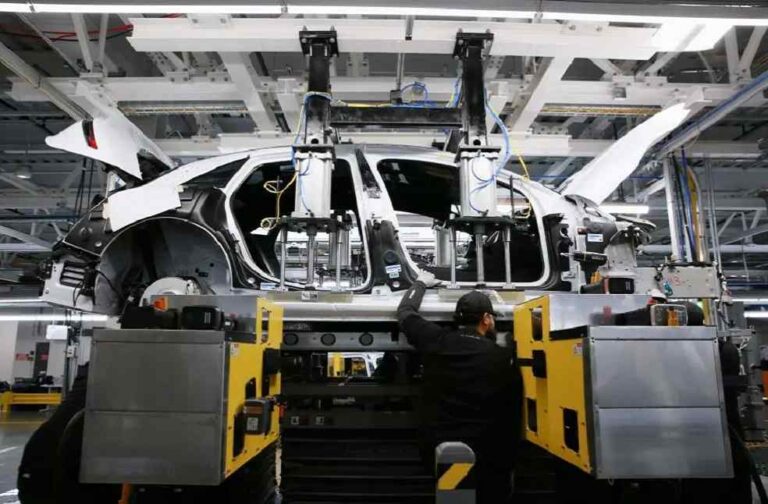German auto industry is facing a deepening crisis, with new figures showing the loss of 51,500 jobs over the past year. The steep decline underscores the growing strain on one of the country’s most vital industries, as global competition and economic challenges mount. Employment in the sector now stands well below pre-pandemic levels.
According to data from the federal statistics office Destatis, the auto industry’s 7% workforce reduction represents the sharpest decline of any industrial sector. Overall, German industry shed 114,000 positions during the same period, reflecting a broad downturn in manufacturing.

Exports have also been hit hard. Shipments of cars and auto parts to the United States fell by 8.6% in the first half of the year, a drop linked to tariffs introduced by the previous U.S. administration. Analysts warn that continued trade pressures risk further weakening Germany’s export-driven economy.
A report by EY points to several structural issues behind the industry’s struggles. German manufacturers have been slow to match Chinese rivals in the electric vehicle market, facing difficulties in driving innovation and reducing production costs. Burdensome regulations and bureaucratic hurdles have further restricted the sector’s ability to adapt quickly to shifting market demands.

The wider economic context adds to the challenge. Germany’s economy contracted in both 2023 and 2024, with growth remaining fragile and recovery prospects uncertain. For an industry long regarded as the backbone of Europe’s largest economy, the convergence of tariff pressures, technological competition, and sluggish growth has created what analysts describe as a ‘perfect storm.’
UPCOMING | Kia 2026 Stonic Gets Major Facelift and Hybrid Tech for Australia





